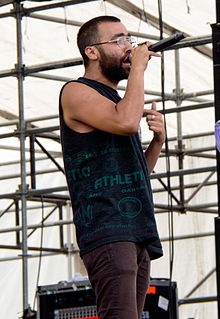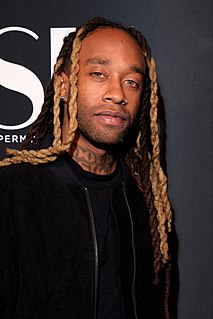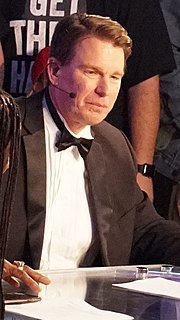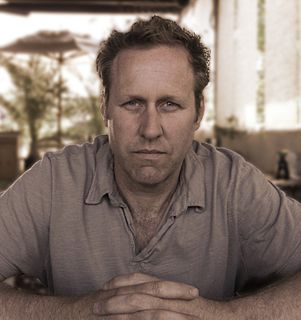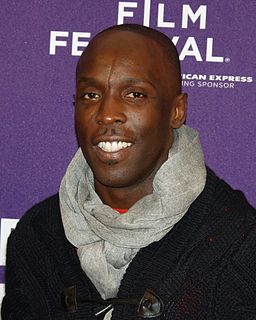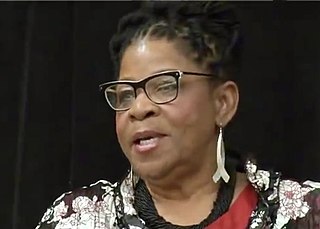Top 1200 Mass Incarceration Quotes & Sayings
Explore popular Mass Incarceration quotes.
Last updated on April 14, 2025.
I really think we were charting a course to having a more sane response to mass incarceration, to drug use, and to understanding that the war on drugs has resulted only in the empowerment of vast criminal enterprises and the destruction of democracies around the world. And all that is coming to a miserable, horrific halt.
The Second Wave Society is industrial and based on mass production, mass distribution, mass consumption, mass education, mass media, mass recreation, mass entertainment, and weapons of mass destruction. You combine those things with standardization, centralization, concentration, and synchronization, and you wind up with a style of organization we call bureaucracy.
Arguably the most important parallel between mass incarceration and Jim Crow is that both have served to define the meaning and significance of race in America. Indeed, a primary function of any racial caste system is to define the meaning of race in its time. Slavery defined what it meant to be black (a slave), and Jim Crow defined what it meant to be black (a second-class citizen). Today mass incarceration defines the meaning of blackness in America: black people, especially black men, are criminals. That is what it means to be black.
We're foolish if we think we're going to end mass incarceration unless we are willing to deal with the reality that huge percentages of poor people are going to remain jobless, locked out of the mainstream economy, unless and until they have a quality education that prepares them well for the new economy. There has got to be much more collaboration between the two movements and a greater appreciation for the work of the advocates in each community. It's got to be a movement that's about education, not incarceration - about jobs, not jails.
We long to have a home where civil freedoms are respected, where our children will not be subject to mass surveillance, abuse of human rights, political censorship and mass incarceration. We stand with all the free peoples of the world and hope you stand with us in our quest for justice and freedom.











